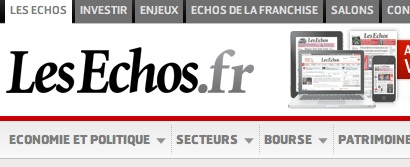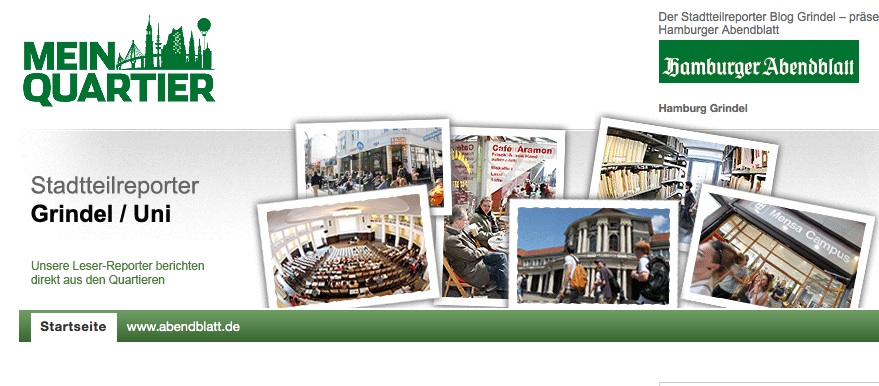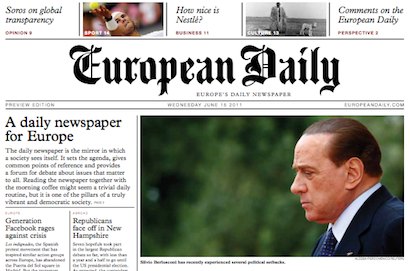Social magazines and newsreading apps are a “key part of the puzzle”, if not a game-changer on their own, when it comes to digital strategy for publishers, and news outlets should be prepared to give up control over how content is shared on other platforms.
In a session on social magazines and newsreading apps at the News World Summit in Paris editor-in-chief of Digital First Media Jim Brady said the technology is responding to the changing ways people are accessing content.
Consumers coming into the market made it pretty clear about what they want – they want choice, they don’t want to necessarily consume a package containing content from one brand.
Tthey don’t necessarily want to get it on the platform you’re delivering it to. They want to consume information by subject in a lot of cases and not by brand.
And in order to meet these needs news outlets need to “step away” from the mentality of “trying to maintain control”.
The more control you try to exert the less successful you’re going to be.
He added that publishers of high-quality content should “do all the things you have to do to let people in the world know” about what you’re producing.
Let your content serve as a travelling salesman.
Publishers’ “resistance of giving up control is something we have to give up”.
He also warned that websites are becoming “less and less important”.
Newsreading apps are highlighting that “more of your audience are consuming content, not print and not the web, a third whole category of content”, he said.
So Brady encouraged publishers to let go of control and get content on these platforms.
You can’t cant change the game until you change the thinking. That’s where we’re still short.
Robert Picard, research director at the Reuters Institute added that publishers do not have the choice of whether such platforms increase in importance.
The choice available “is whether we make use of them to best possible use”, he said.
Or news outlets can have their own social readers, he added. But then the challenge is how to get users to engage with their content, rather than others.









